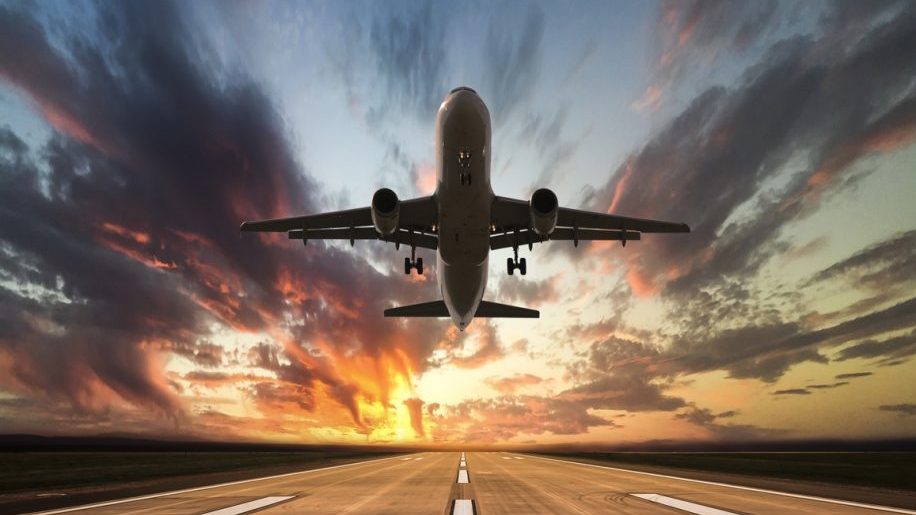
The International Civil Aviation Organisation (ICAO) has published an update to its “Take-off” guidelines for international air transport and is calling for a globally harmonised testing approach,
The first report was first published in June 2020 by ICAO’s Council Aviation Recovery Taskforce (CART). It has now been updated with the following new recommendations.
Covid-19 testing and cross border risk management measures
ICAO recommends countries adopt a harmonised approach to Covid-19 testing. It’s guidance is a set of methods outlined in a forthcoming ICAO Manual on Testing and Cross Border Risk Management Measures, set to be published on November 16.
The manual will provide tools that countries can use to evaluate and implement testing. This will help to enable IATA’s call for pre-departure systematic testing for international travellers.
On the matter of cost, ICAO is also recommending that countries consider affordable testing to minimise travel costs for passengers.
Public Health Corridors (PHCs) or travel bubbles
ICAO is firmly behind this. Countries are “strongly encouraged to actively share information with other States and enter into bilateral or multilateral discussions with each other to implement PHCs in a harmonised manner”. ICAO is currently developing tools to help countries launch further PHCs – this will also be published on November 16.
As background, Hong Kong and Singapore recently formed an air travel bubble, while countries including Thailand and New Zealand are also looking to establish similar arrangements.
Masks and public hygiene guidelines
The report has been updated to permit travel without a face covering or medical mask if individuals are young children or have physical disabilities, respiratory or other medical conditions. ICAO has also added a new section on general hygiene that should be followed at airports and on board aircraft.
Aviation safety-related measures
ICAO recognises that employees who have been inactive for prolonged periods will need to be “reactivated and retrained, where appropriate” and that countries should take the “necessary steps to mitigate the safety risks associated with such reactivation”. This includes facilitating access to medical and training facilities, including flight simulation training devices used for flight crew to maintain their recency of experience and proficiency. Countries should not extend alleviations beyond 31 March 2021.
The recommendations have received full support from IATA. Alexandre de Juniac, IATA’s Director General and CEO, commented on the updated guidance:
“The public should be reassured. The Take-off guidance will keep flying safe through this pandemic with recommendations that combine the best advice of public health authorities such as the World Health Organization with the technical expertise of aviation regulators and operators. By addressing the need for harmonized Covid-19 testing requirements as part of a multi-layered approach, CART is also contributing to building confidence among governments to manage the risks of Covid-19 importation while removing barriers to travel such as quarantines. The aim is to safely reconnect the world and these recommendations are moving us forward.”
Global airline alliances Oneworld, Skyteam and Star Alliance, which together represent 58 member airlines and over 60 per cent of world airline capacity, have also welcomed the news.
Jeffrey Goh, CEO of Star Alliance, stated:
“We welcome the publication of the updated CART report which, among other things, calls for the serious consideration of screening and testing as a means for easing travel and border restrictions, and reviving the travel and tourism industry and the global economy.
“A robust protocol for testing will also provide further evidence to demonstrate that air travel is not a material cause for infections and will pave the way for a framework of trust to be established between countries.”
Kristin Colvile, CEO of Skyteam, added:
“Testing regimes and trials of digital health passes have identified means to restoring confidence and reopening borders, complementing the layer upon layer of passenger safety measures already implemented by airlines and airports worldwide. Aviation supports millions of jobs around the world and drives international commerce, trade and tourism. Urgent action is needed to adopt testing and technology to mitigate Covid risks and safely and quickly revive international air travel.”
Rob Gurney, CEO of Oneworld, also commented on the news:
“With extensive travel restrictions creating much uncertainty for customers, testing can play a role in enabling the safe restart of travel. Any solution used in declaring passenger health data should be consistent, scalable and cost effective – this will provide clarity and confidence to customers, airlines and other stakeholders as international travel resumes.”
The alliances also cite digital health pass technology, such as Common Pass, as a simple and strong tool to “deliver harmonised standards in the validation and verification of accredited passenger health data.”












